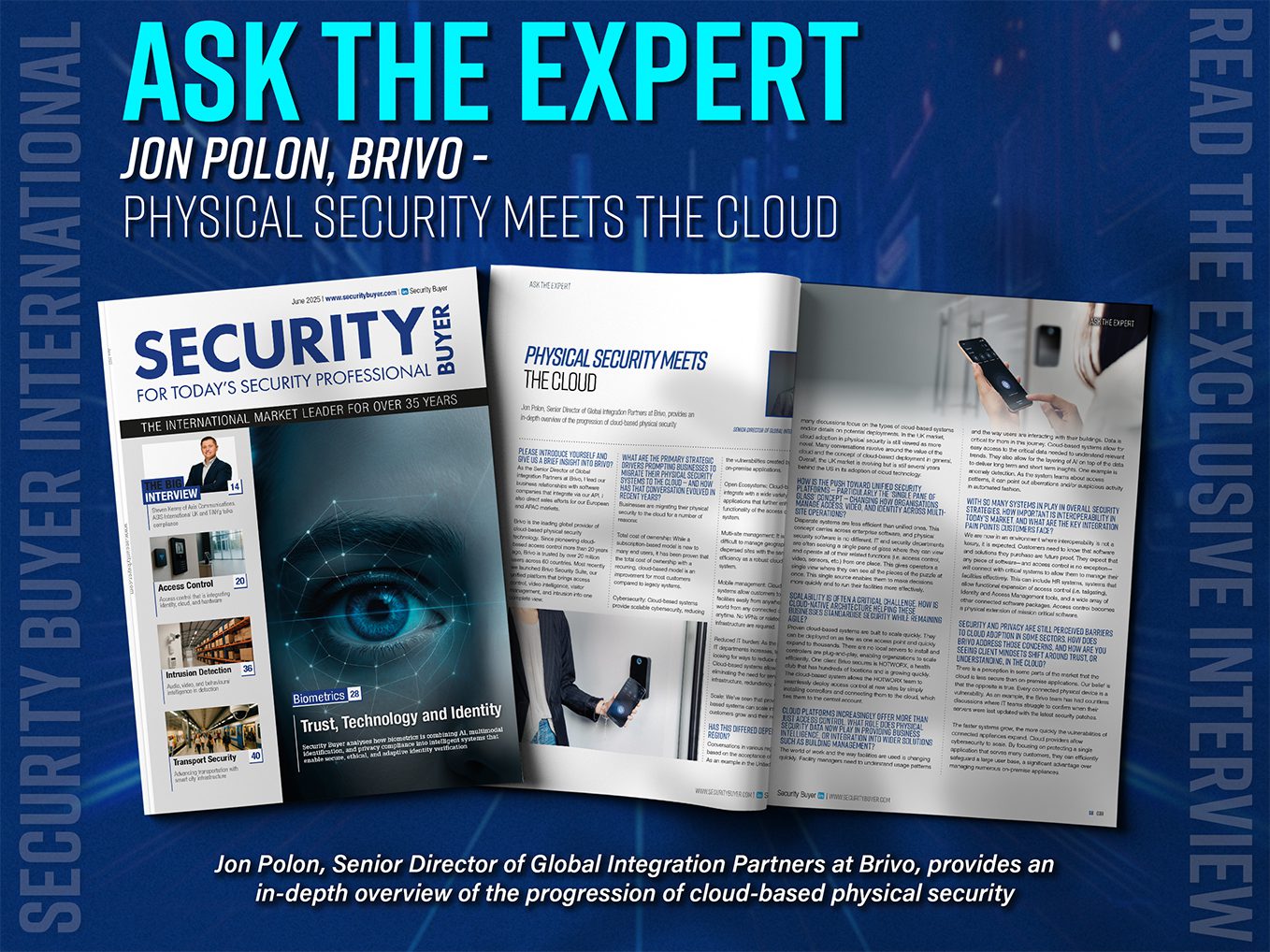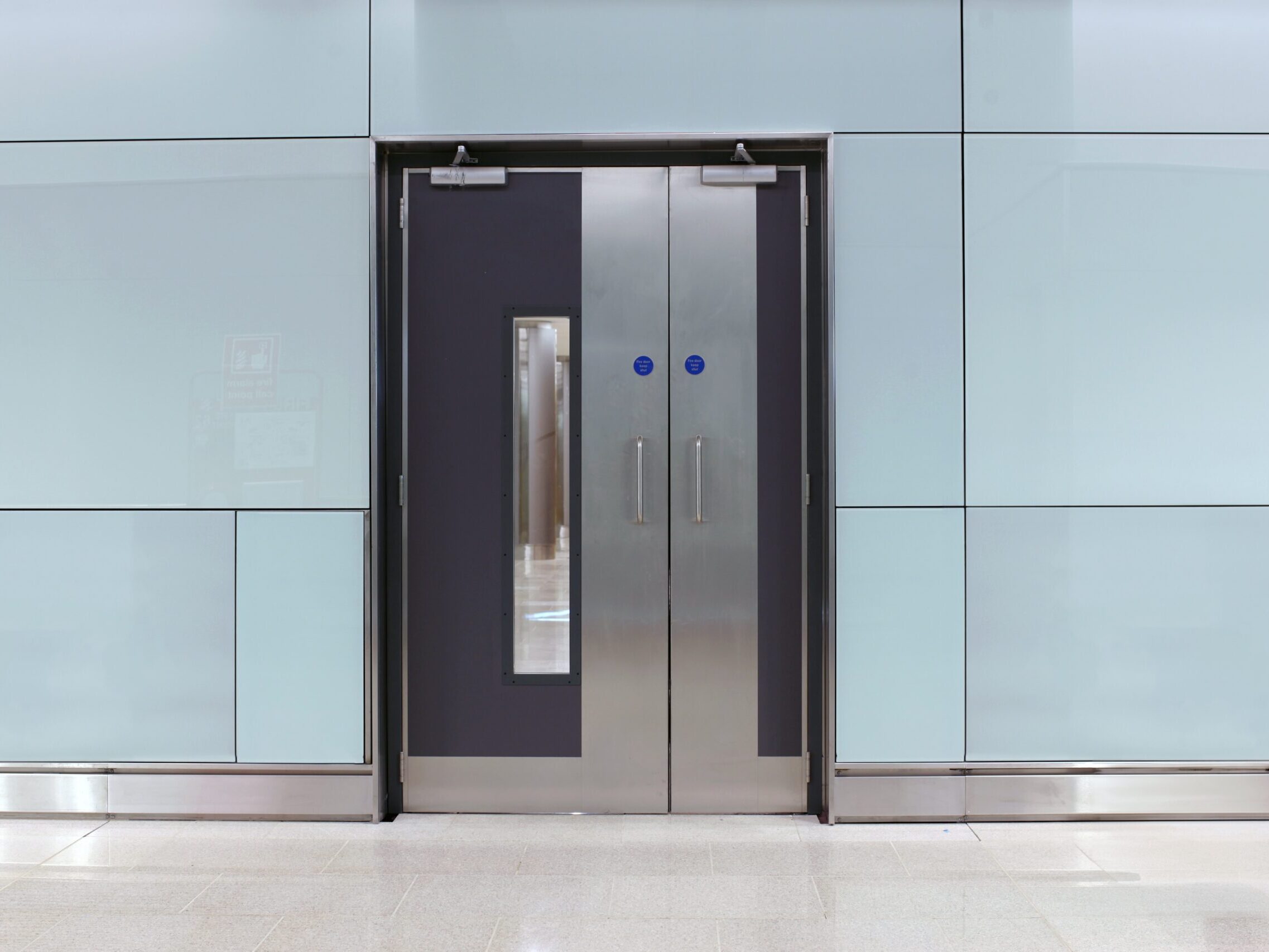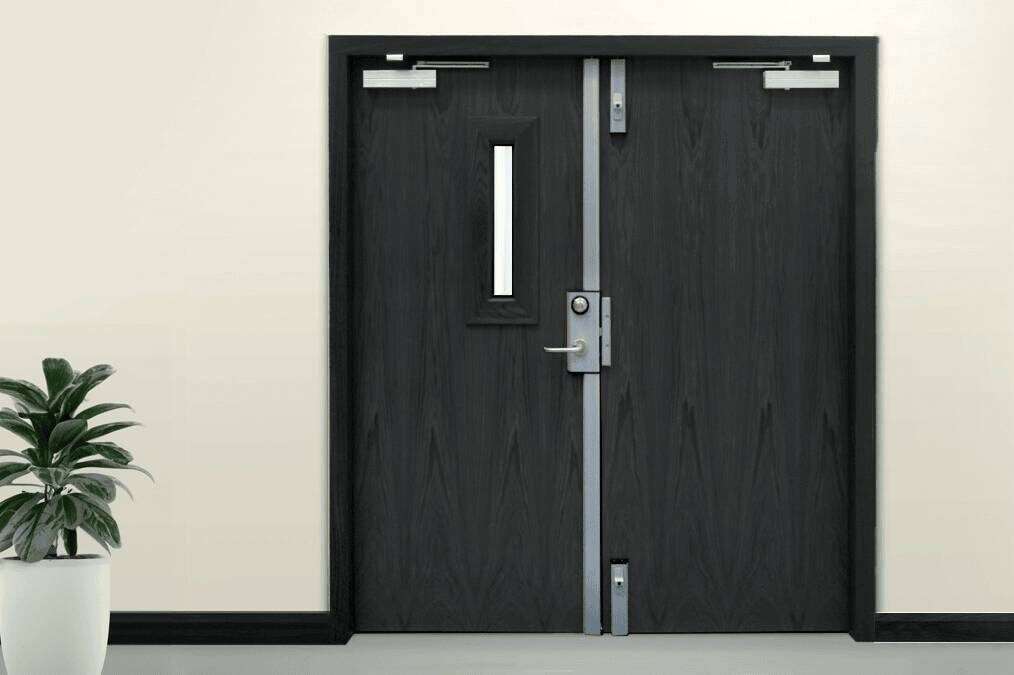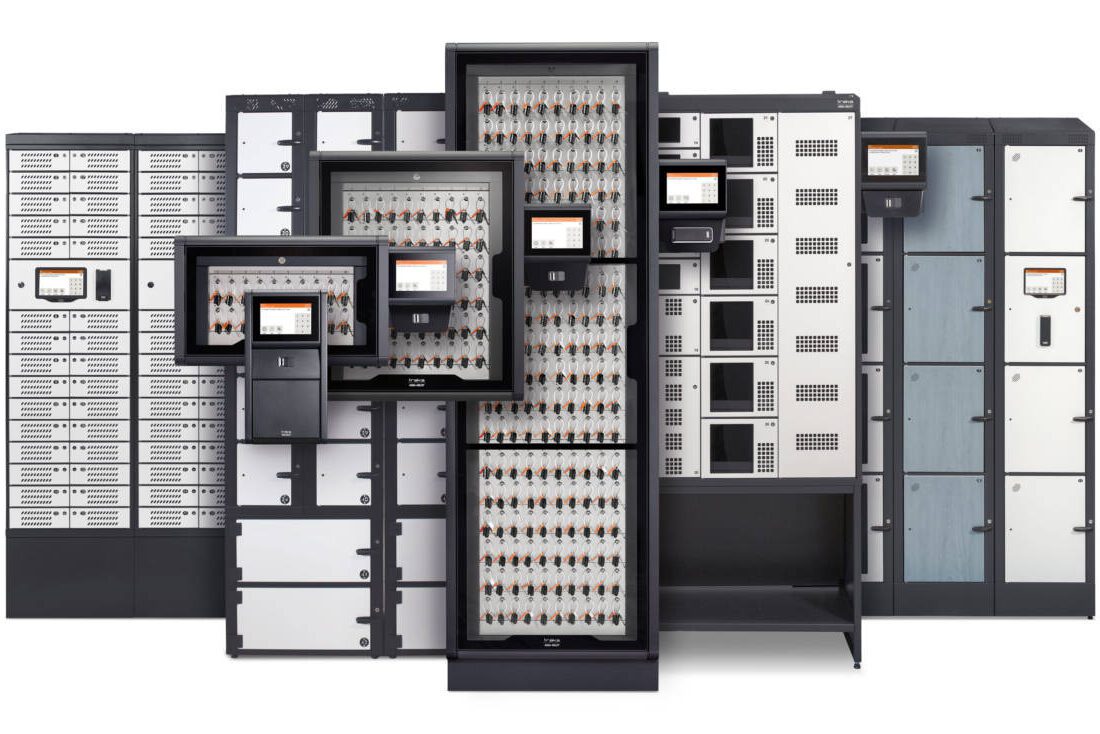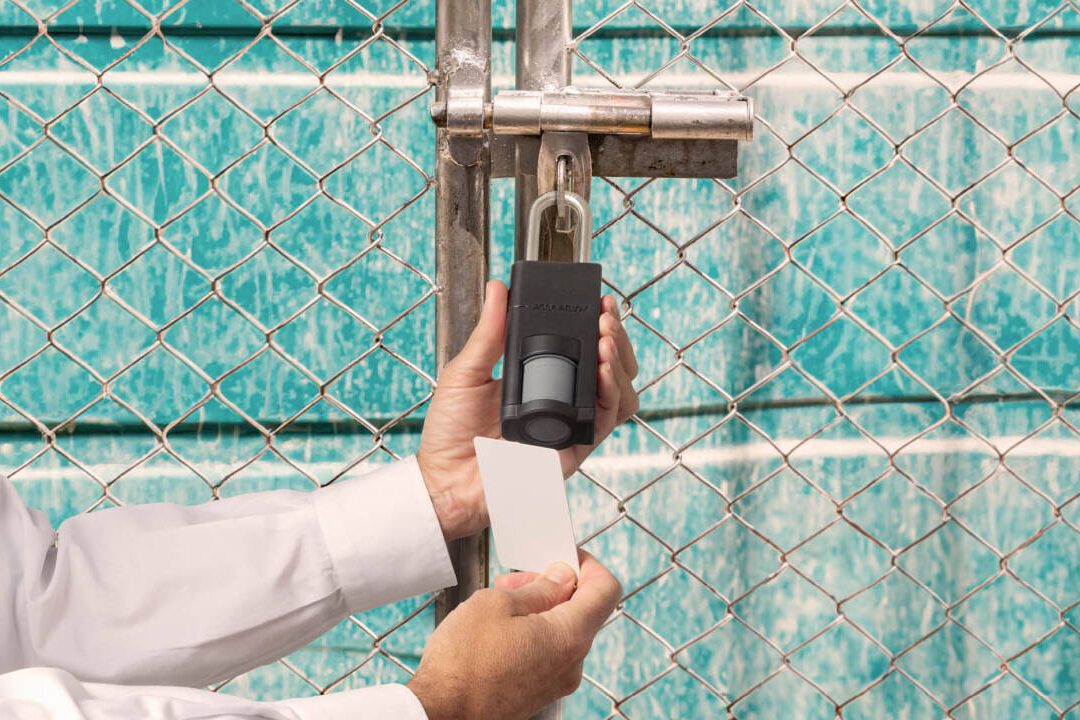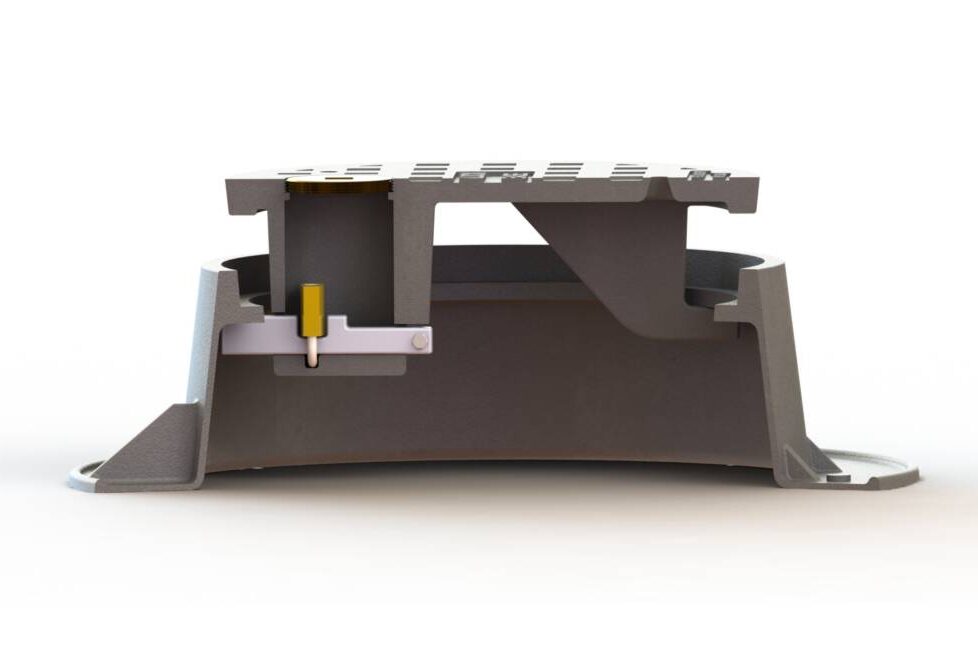A sustainability ethos is embedded within procurement departments in many modern organisations. Its influence cuts across sectors and functions. Less well-known, however, is the contribution security and access control can make.
According to ASSA ABLOY’s latest “Wireless Access Control Report,” 73% of security professionals agree sustainability and energy efficiency have become more important in procurement over the past 5 to 10 years. Asked if the availability of a product lifecycle assessment in the form of an Environmental Product Declaration (EPD) would make a difference to a procurement decision, four in five report survey respondents said it would. Over a third claim it would make a “big difference.”
“Sustainability offers three obvious benefits,” concludes the report, “better compliance, enhanced reputation and lower energy costs.”
Another recent market report also suggests sustainable buildings are more attractive to property investors.
Cut the cables to save your business energy — and money
When measuring sustainability, energy efficiency is a major factor, of course. Assessors for BREEAM building sustainability certification have made almost 570,000 awards in more than 80 countries. Energy efficiency is a key category in their criteria.
Low power usage is a big sustainability plus for wireless access control devices when compared with equivalent wired locks. Because wireless locks are battery-operated, they consume much less energy and emit less CO2 than comparable mains-powered wired locks.
“Wireless, battery-powered locks equipped with our Aperio technology are very energy-efficient because they are not connected to the mains,” says Antonina Realmuto, Sustainability Manager at ASSA ABLOY Opening Solutions EMEA. “They use minimal power when inactive — only to keep the device status alive for remote operation and reporting changes for an online installation.”
“Paired RFID card readers only ‘wake up’ either when presented with a credential or controlled from the system software. As a result, one wireless lock uses a tiny fraction of the energy a typical wired lock and reader consume.”
In addition, the ease of installation that comes with a wireless solution has further energy efficiency benefits. With less installer time spent on-site comes less power use and lower installer mileage — saving a business time and money in the process.
The future is wireless, efficient, and sustainable
“A wide range of different wireless locking systems from ASSA ABLOY can contribute to your company’s sustainability strategy,” she adds.
“The CLIQ Connect solution is another example. Repair teams and other mobile workers use large quantities of fuel, which increases any company’s carbon footprint. You make a business more sustainable quickly when you reduce the mileage they travel. Programmable CLIQ Connect keys and the companion app eliminate the need for workers to return to headquarters to collect or return a mechanical key.”
The CLIQ Connect app pairs a programmable CLIQ key, via an encrypted connection, with the Web Manager. To change a key-holder’s access rights, a system administrator accesses the CLIQ Web Manager — from anywhere — and updates it. A key-holder makes a secure Bluetooth connection between their key and the app to instantly update access permissions. There is no travel involved and zero fuel consumption — and thus significantly lower CO2 emissions associated with this solution.
“Self-powered and energy harvesting locks are another exciting area for sustainable security technologies,” adds Antonina Realmuto. “Our new wireless, key-based access control technology PULSE from the Abloy brand is a beautifully simple step towards building a sustainable ecosystem around access control. The locking cylinder generates its own energy when a key is inserted. No cables or batteries are needed.”
A user inserts their PULSE key. Power generated by inserting and turning provides energy for the lock’s encrypted electronic access control features. If the key is authorised, the lock opens. Users carry one PULSE key programmed with their cleared permissions, no matter how many doors they need to open.
“There are so many ways an effective, efficient access system helps cut energy bills by reducing waste and improving your organisation’s environmental footprint,” concludes Antonina Realmuto.


